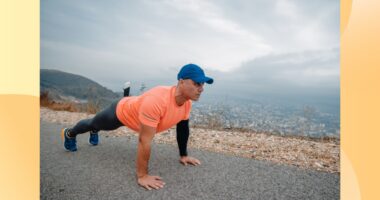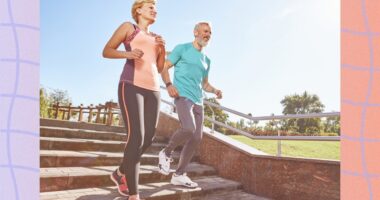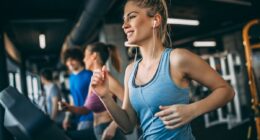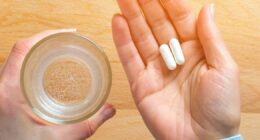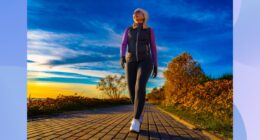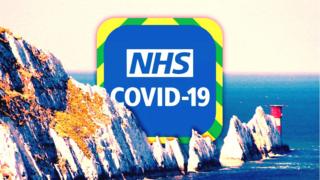
England’s revamped coronavirus contact-tracing app is set to begin public trials on Thursday.
The software will be based on Apple and Google’s privacy-centric method of one smartphone detecting another.
Engineers are still trying to reduce how often the Bluetooth-based tech wrongly flags people as being within 2m (6.6ft) of each other.
Officials are concerned about people going into quarantine as a consequence.
The Isle of Wight will be involved again, along with one other area and a volunteer group. The government intends to launch the experiment without much fanfare, because it is still not clear when a formal national rollout will occur.
The idea behind the app is to use people’s phones to log when they have been close to another person for so long, that there is a high risk of contagion.
If one user is later diagnosed with the disease, the other person can be alerted to the fact before they begin exhibiting symptoms.
In addition, users will also be asked to scan a QR barcode when they enter a property, to provide a means to later alert them to the fact that they visited a location linked to multiple infections.
“We need the app to help stop transmission by tracing close-proximity contacts as quickly and as comprehensively as possible, capturing those contacts we don’t know or don’t remember meeting,” Prof Christophe Fraser, a scientific advisor to the Department of Health from Oxford University, told the BBC.
“The app should enable us to return to more normal daily activities with the reassurance that our contacts can be rapidly and anonymously notified if we get infected.”
App U-turn
Baroness Dido Harding – who heads up the wider Test and Trace programme – cancelled an earlier trial on the Isle of Wight in June.
This was because an app based on an alternative system spearheaded by NHSX – the health service’s digital innovation unit – had to deal with restrictions Apple imposes on how Bluetooth is used by third-party apps.
As a result, it only detected 4% of iPhones in cases where the app had gone to sleep because the two handsets involved had not been in recent active use.
This prompted a switch to the Apple-Google solution, which does not have this problem.
READ RELATED: Delhi Dengue Scare: Symptoms, Prevention, and More!
But at the time, Baroness Harding said the US tech giant’s alternative had a different issue.
She said it could not measure distance well enough to be trusted to direct people to self-isolate for a fortnight.
This has not prevented other places – including Northern Ireland – launching apps based on the technology.
But ongoing tests indicate that England’s new app is still worse at determining distance than the original NHS Covid-19 product.
Confusingly, there have even been cases when the further two handsets are spaced apart, the more likely it is that the software still indicates they are within 2m of each other.
Data filter
Part of the problem with the Apple-Google framework is that the tech firms have decided that developers should not get access to raw attenuation data – a measure of changes in Bluetooth signal strength.
Instead, it provides a more basic set of readings that an app can use to calculate its own risk scores – the idea being that this helps preserve users’ anonymity.
But one consequence of this, is that engineers have not been able to take advantage of a technique developed by researchers at the UK’s Turing Institute and the University of Oxford. It filters the data to give a better indication of proximity.
Several countries have asked the two tech firms to relax their restrictions, although they are cautious about discussing the matter in public. Many of those involved have signed non-disclosure agreements with Apple and Google.
A possible compromise would be for Apple and Google to incorporate the filter into their own tool. But they have yet to give a commitment to do so.
The team behind England’s app hopes it can still improve the accuracy rate to a high enough – but not perfect – level by the end of the year.
This would give the Test and Trace team the confidence to include an alert directing users to stay at home when required.
But those involved believe there is still a “significant risk” this will not be achievable.
In the meantime, the new Isle of Wight trial will allow them to see how the software behaves in real-world situations, to help further their endeavours.
Source: BBC News – Health





